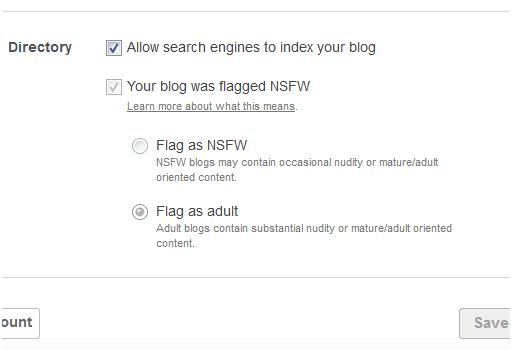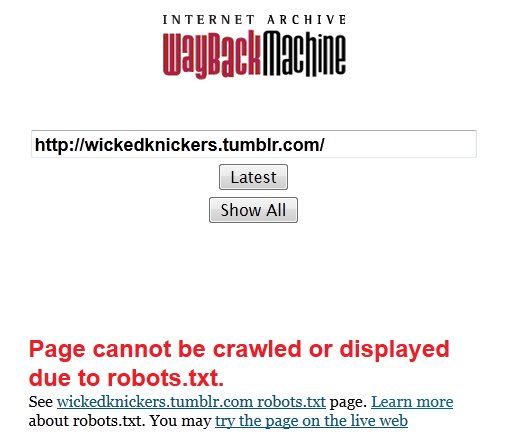Bacchus’s First Rule Of The Internet: “Anything worth doing on the internet is worth doing at your own domain that you control.”
— ErosBlog Bacchus (@ErosBlogBacchus) March 26, 2010
Recently I became aware of an ironic lapse: the most succinct statement of Bacchus’s First Rule that exists on the internet is to be found in a two-year-old tweet on somebody else’s server. Doh!
By embedding the tweet here, I am trying to live by my own Rule. A side benefit is that I’m putting it somewhere that’s easier to find and link to. It’s true that the embedded tweet still depends on access to Twitter’s servers for styling information, but the text will still be here if Twitter’s servers go away. (By “here” I mean “on my server for as long as I have one” and subsequently in whatever archives of ErosBlog may persist.)
I should note that sometimes these days I phrase the rule a little bit differently than I did at first. The “at your own domain” phrasing comes from an era when search engine optimization (SEO) loomed larger in my thinking. Why create content that will generate search traffic to another domain instead of to your own? But focusing on the domain name can be somewhat misleading.
One reason is that in these modern times, search engines can’t be trusted to reliably send traffic to web locations that aren’t in their corporate-partner data-silo complexes, especially if the content is disfavored, like dirty porn or instructions for downloading stuff. SEO has become a mug’s game for the most part; it’s necessary but not sufficient to guarantee your web presence. You can’t disregard it entirely but it’s a will-o-wisp that will mire you in the swamp if you make it your guiding star.
But that’s actually a side issue. The core of the problem with putting your creative output on free blog hosting services and what we’ve come to call “social networking sites” never was maintaining visibility; often, the social networking sites will send you more traffic than you ever could hope to get on your own. No, at the heart of the problem is control. And for that, you want your own server more than you want your own domain, because the server is more important to your own control and (if you want it) long-lived web presence.
Your “ownership” of a domain name is anyway a somewhat fragile thing; a domain can be fairly easily taken away by litigation or state action. The two things you can actually control are your files and the server that hosts them. What gives your web presence its best hope of permanence is you being the owner of your own server or, more commonly, being a lessee of server space from some commodity hosting provider who can be instantly replaced when (if) they stop respecting your prerogatives. If you keep your files in order (fresh backups!) you can get new server space in under four hours; hosting businesses are highly competitive and eager for your money. So now I tend to state the rule this way:
Bacchus’s First Rule Of The Internet: “Anything worth doing on the internet is worth doing on your own server that you control.”
2022 update: Never build your house on someone else’s land.
Similar Sex Blogging:











